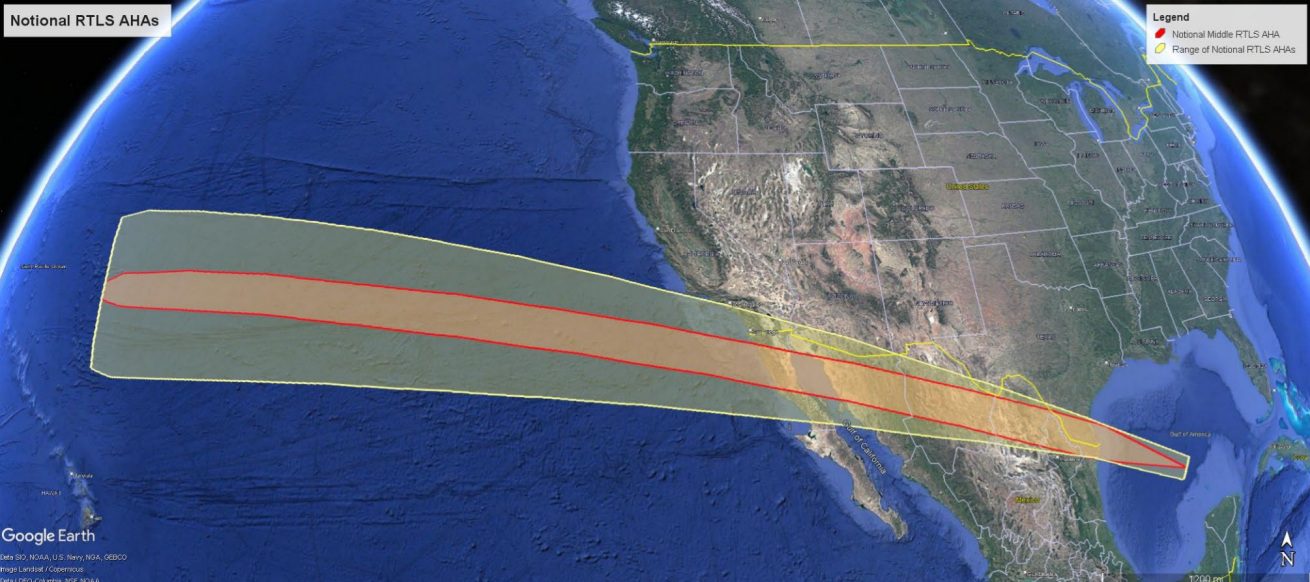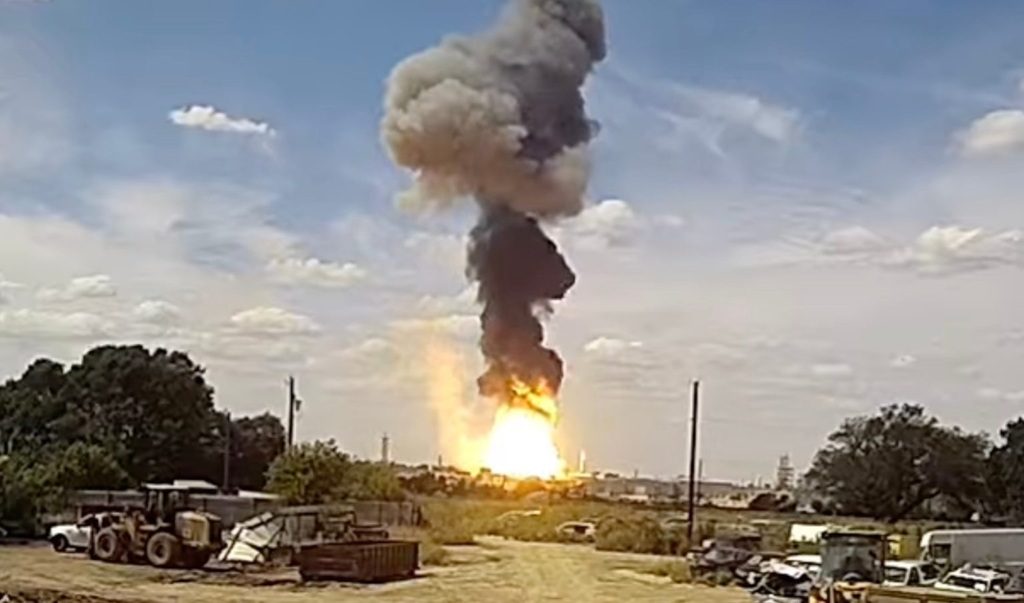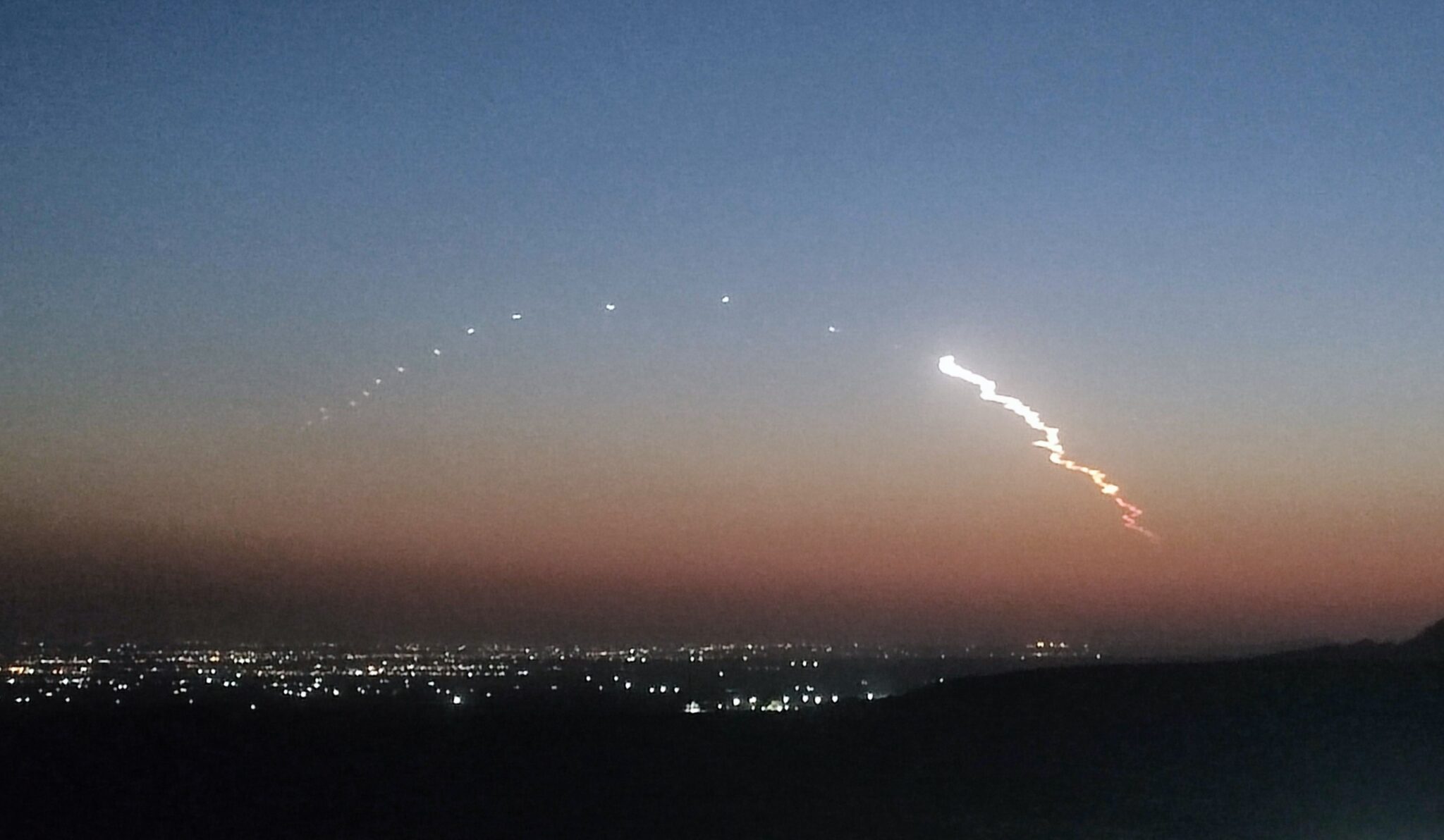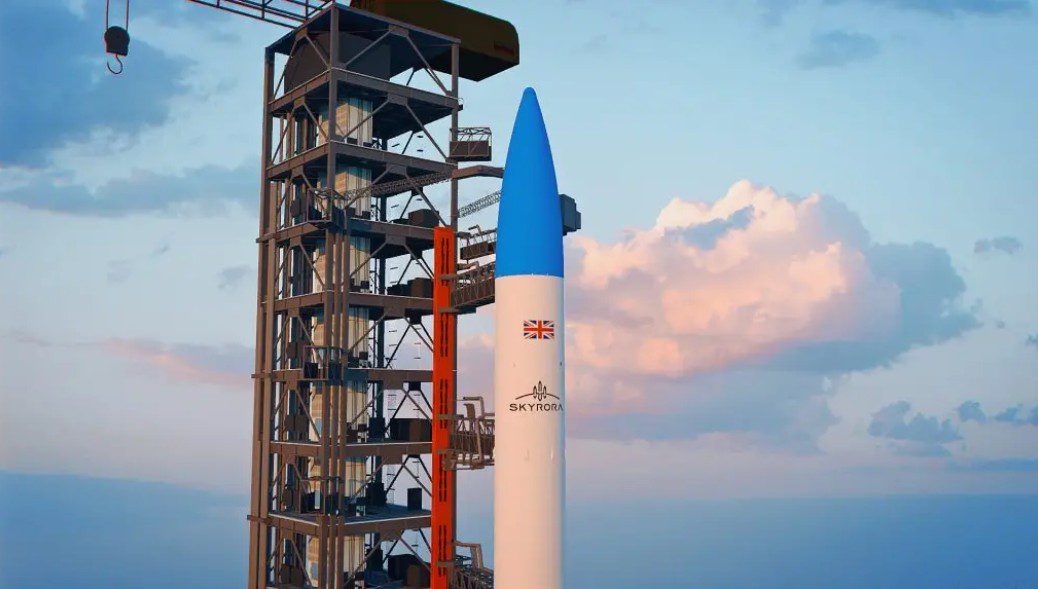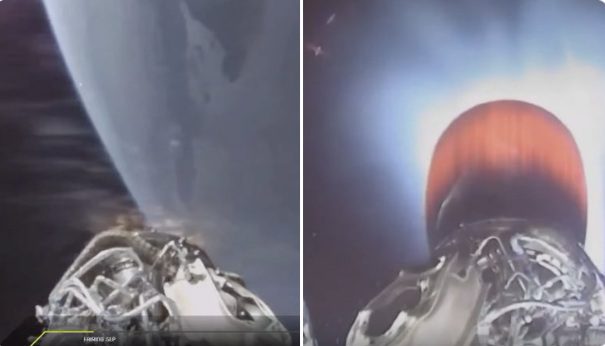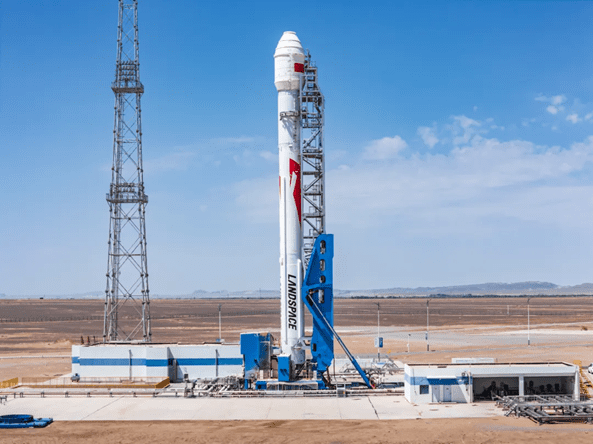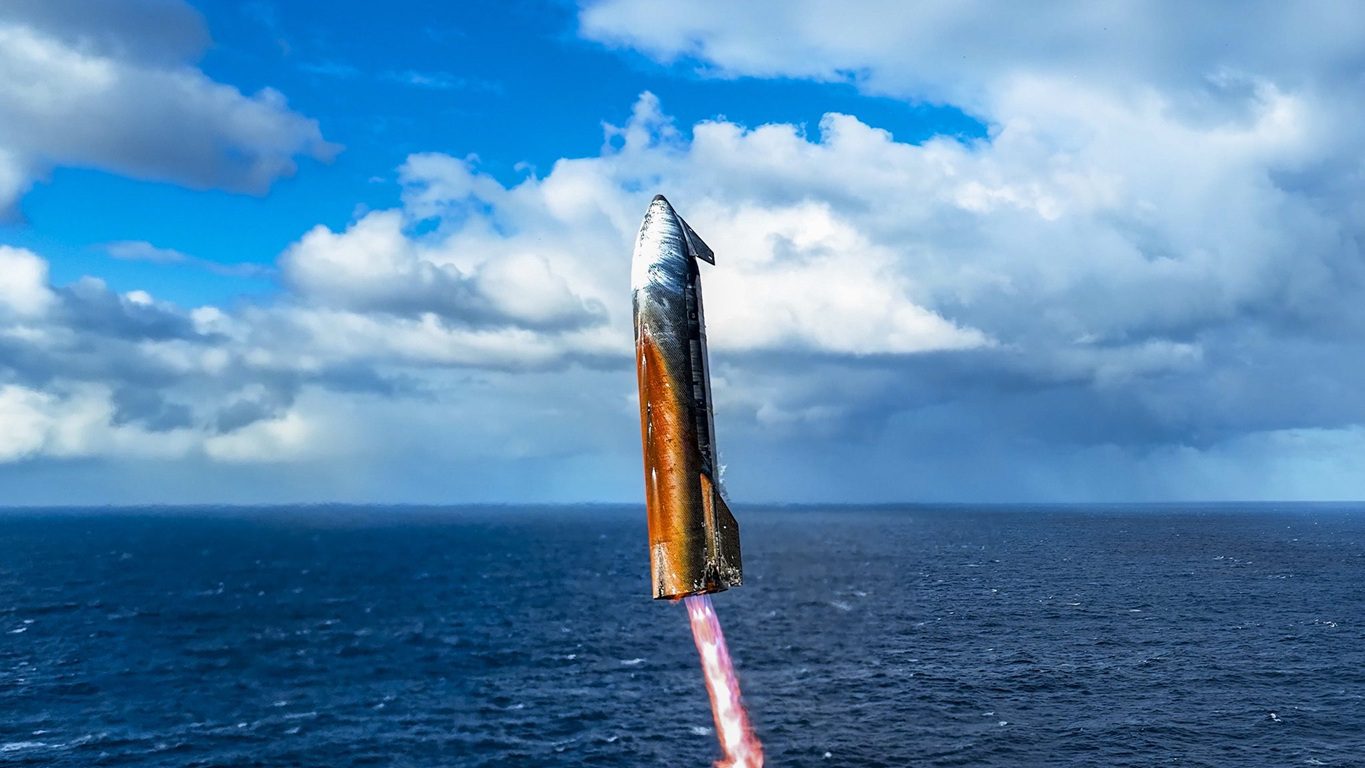The reasons have been revealed for the 20 February launch failure of the Astra Space Astra Rocket 3.3 (flight LV0008), which lost four small satellites (BAMA 1, INCA, QubeSat, RS-S1) on a NASA sponsored launch. Following a successful lift-off from the Cape Canaveral, Florida launch site at 2000 GMT, the second stage was seen to tumble after ignition. On-board footage showed that the clamshell fairing, which is mounted on an inter-stage and holds both the satellite payloads and the second stage, did not separate/push away before ignition of the second stage.
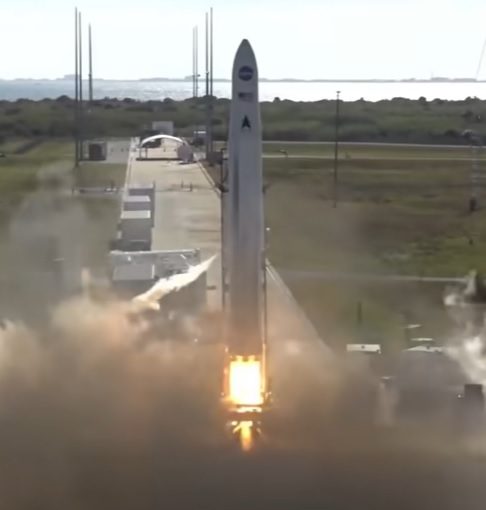
Astra Rocket 3.3 on LV0008 flight had a good lift off…but it all went wrong during the second stage firing. Courtesy: Astra Space/NASAspaceflight.com
The second stage, still held involuntarily inside the fairing, did then ignite on time, blowing the fairing off, but apparently it became destabilised by this unintentional explosion. There may also have been damage to the engine or nozzle itself.
An investigation has since found that that the payload fairing did not fully deploy prior to upper-stage ignition due to an electrical issue. The five separation mechanisms were fired in an incorrect order, resulting in off-nominal movement of the fairing that caused an electrical disconnection. Due to this, the last separation mechanism never received its command to open, which prevented the fairing from separating completely before upper-stage ignition.
The root cause of the fairing separation issue was an error in an electrical harness engineering drawing, which led to two harness channels being swapped. The swapped separation channels caused the incorrect deployment and failure to open the fairing. A secondary factor was that the flight control software was vulnerable to a specific “packet loss” failure mode, which had not been considered. A missed series of signals created a chain of events that resulted in the upper stage’s inability to recover from its tumble. Both failure mechanisms are being fixed for subsequent flights.
Comment by David Todd: On the Seradata SpaceTrak launch and satellite database, we try to fit an underlying cause to launch failures. This one is tricky. It probably qualifies as a quality control issue but is arguably also a design fault – especially the secondary factor. But underneath it all is, of course, human error.
Update on 30 March: An Astra Rocket 3.3 was subsequently launched successfully to orbit on 15 March 2022 from Kodiak Island


